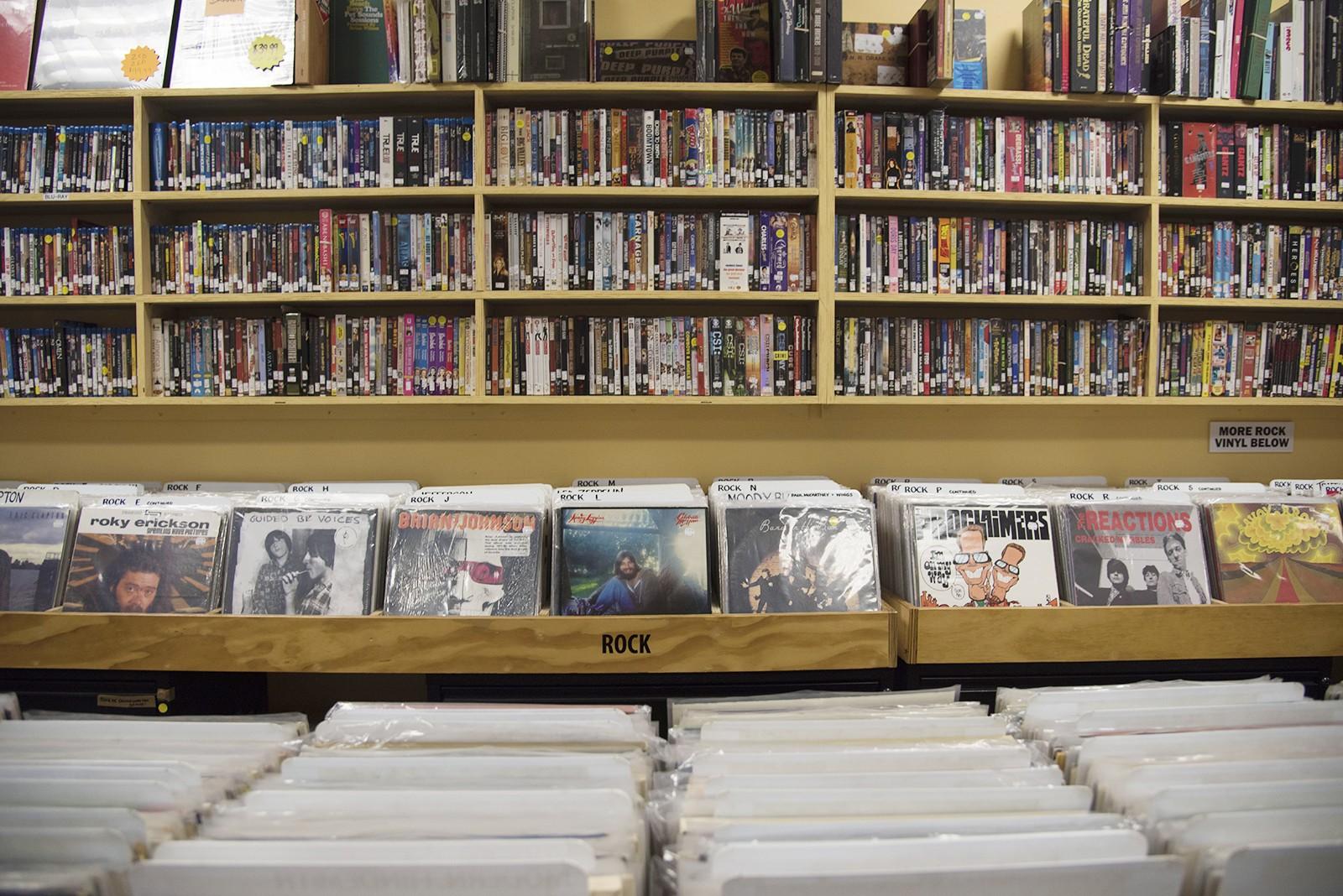I watched a YouTube video the other day called “The Marvel Symphonic Universe” that discussed Marvel’s inability to produce memorable soundtracks for their films, and thought back to the night Boston University hosted a movie drive-in showing “Captain America: Civil War.” It was perhaps the third time I had seen the film, and apart from feeling really grossed out about Captain America’s creepy relationship with his 100-year-old dead girlfriend’s niece, my only other vivid memory of the film was, as it is with other Marvel films, Stan Lee’s predictably unpredictable cameo.
In the YouTube video, people were asked to recite the music in films such as the Harry Potter, Star Wars and James Bond series, with great success, but, like myself, were unable to do the same with any Marvel movie.
The term “temp music” is used to describe scores from previous films that are temporarily incorporated into movie scenes supposedly so that the composer could have an idea of what type of music the director wanted. This technique is frequently used in the development of movies like the “Transformers” series, “300,” and many other Marvel films. The result, however, almost always comes off pastiche.
Over the course of the summer break, at least once a week, my friends and I would spend most of the day in town, coasting malls and cinemas. Due to the amount of free time we had, most of this time was spent watching randomly chosen movies back to back. To this day, the latest film I could recall that had any form of a memorable or noteworthy soundtrack was probably “The Neon Demon,” which gave off an electronic-noir drive that aptly captures the film’s heavy content.
“The Marvel Symphonic Universe” demonstrated that much of the music used in many films are either disregarded when appropriate, or nonessential to the viewer’s interpretation or response to the film. I could not imagine doing the same to that of “The Neon Demon’s.”
It would be unfair to talk about film’s notable soundtracks without mentioning Hans Zimmer, who is responsible for some of contemporary film’s most recognizable work over the course of his career. A couple months ago I was surprised to learn that Zimmer had produced soundtracks such films as “Pirates of the Caribbean” and “Sherlock Holmes,” films with theme songs I can also hum from memory. I had gotten used to his collaborations with Christopher Nolan and have frequently gone back to his films just to hear the soundtrack juxtaposed with the context of the films themselves.
In recent years, the prominence of films’ soundtracks has waned, especially within the realm of contemporary blockbusters. They have been increasingly pushed into the background or replaced with pre-existing pop music, such as in “Guardians of the Galaxy,” and the more recent “Nerve.”
I am not vilifying the use of pop music as part of a film’s soundtrack; both “Reservoir Dogs” and “Guardians,” for example, uses Blue Swede’s “Hooked on a Feeling,” despite being used for entirely different purposes. There is a difference between using existing music successfully and using successful music poorly.
At the end of the day it all comes down to the producer’s ability to make us engage in, and enjoy, the music and story. It is a shame that directors often choose to emphasize visual content rather than the auditory, often using sound to restate what is already being seen on the screen. You often know when you come across a great film with a great score. It’ll most likely seep its way into the deepest, darkest corners of your mind only to resurface as a tune during a shower. That is probably the only reason I have seen “The Dark Knight Trilogy” two-and-a-half times.
That, and Heath Ledger.
























































































































